
How to Find the Best Car Insurance With These Simple Steps

Finding the right car insurance policy doesn’t need to be overwhelming. Understanding your coverage needs and knowing how to compare policies effectively can simplify the process. Here’s how to find the best car insurance to ensure you get coverage that meets your needs at the best possible price.
How to Find the Best Car Insurance in 6 Steps
1. Decide What Coverages You Need
Before shopping for car insurance, it’s essential to identify the coverages you need. Most states mandate liability coverage, which covers damages you cause to others. Comprehensive and collision coverage may also be required if your car is financed or leased. These policies protect against damages from accidents, theft, or natural disasters, offering broader protection for your vehicle.
However, if your car is fully paid off, you might opt for liability-only insurance, which generally costs less. Consider your personal risk tolerance and financial situation when deciding which coverage is right for you.
2. Determine Your Coverage Limits
When selecting car insurance, coverage limits play a crucial role. Liability coverage limits are typically shown as three numbers—such as 25/50/25. The first two numbers represent bodily injury coverage per person and per accident, while the third is for property damage.
Choosing the state minimum limits might save money in the short term, but higher coverage could provide better protection in the event of a severe accident. Consider what makes the most sense based on your driving habits, the value of your car, and your financial capacity to handle damages.
3. Review Optional Coverages
Insurance providers often offer additional coverages that can enhance your policy. Optional coverages like roadside assistance, rental car reimbursement, or gap coverage could be beneficial depending on your driving needs. Gap coverage, for instance, pays the difference between the actual cash value of your vehicle and what you owe on a loan or lease, which is helpful if you have a new car that depreciates quickly.
These extras aren’t mandatory, but they can provide peace of mind and reduce out-of-pocket expenses in case of unforeseen incidents. Be sure to review all available options and evaluate their necessity.
4. Compare Insurance Providers
The financial stability of your insurance provider is just as important as the policy itself. Choosing a financially sound company ensures they’ll be able to pay out claims when needed. Research your options through independent rating agencies like A.M. Best or Standard & Poor’s. These agencies evaluate insurers based on their creditworthiness and stability, which can provide you with reassurance that your provider will stand behind your policy.
It’s also wise to choose a company with a long-standing reputation for customer service. Reading reviews and asking for recommendations can help you find an insurer with a strong track record.
5. Shop Around for Quotes
When searching for the best car insurance, always get quotes from multiple providers. Comparing policies side-by-side can help you identify which insurer offers the best rates for your desired coverage. Make sure to use the same information—such as coverage types, limits, and deductibles—when comparing quotes. This ensures you’re evaluating policies fairly and accurately.
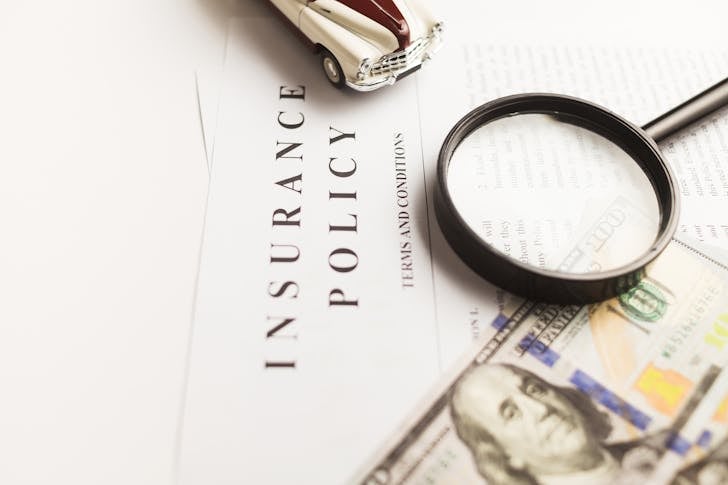
Vlad Deep | Pexels | Comparing policies side-by-side can help you identify which insurer offers the best rates for your desired coverage.
For instance, a higher deductible might reduce your premium, but you’ll pay more out of pocket if you file a claim. On the other hand, a lower deductible results in higher premiums. Decide what balance works best for your financial situation.
6. Check for Discounts
Discounts can significantly lower the cost of your car insurance. Most insurers offer various discounts, including those for safe driving, bundling multiple policies, or being a good student. Some companies also provide savings for enrolling in paperless billing or setting up automatic payments.
When comparing quotes, ask each provider about available discounts. These can vary widely, and taking advantage of them can substantially lower your final premium.
More inCar Insurance
-
`
U.S. Reduces Tariffs on Japanese Cars to 15% Under Trump’s Deal
In a move reshaping U.S.-Japan trade relations, former President Donald Trump confirmed a new agreement that slashes tariffs on Japanese car...
August 9, 2025 -
`
Adults in Ohio Face Stricter Rules to Obtain Driver’s License
Ohio has passed a new law that will change the way adults under 21 get their driver’s licenses. Signed into law...
July 31, 2025 -
`
Gen Z Craves Career Guidance, But Their Parents Are Struggling Too
Gen Z is stepping into the future with curiosity and ambition—but they’re not doing it alone. A growing number of teens...
July 25, 2025 -
`
Do Car Insurance Companies Offer Pay-As-You-Go Plans?
Car insurance premiums often feel unfair to people who rarely drive. Yet, most traditional auto policies still charge a fixed monthly...
July 17, 2025 -
`
Why the Koenigsegg Sadair Spear Is the Ultimate Hypercar Beast
Koenigsegg has revealed a new beast—the Sadair’s Spear. Tuning its focus on raw performance and brutal speed, this hypercar marks the...
July 11, 2025 -
`
Which States Have the Safest—and Riskiest—Drivers in America?
Driving safety isn’t just about skill. It’s also about location. A recent nationwide report shines a spotlight on where drivers are...
July 4, 2025 -
`
How to Save on Tesla Car Insurance Without Compromising Coverage
Owning a Tesla often brings savings on fuel and a futuristic driving experience, but the conversation changes quickly when it comes...
June 26, 2025 -
`
10 Weird Cars That Turned Heads and Won Hearts
Some cars turn heads with speed, others with luxury—but a rare few grab your attention simply by being delightfully strange. From...
June 20, 2025 -
`
Next-Gen Jeep Cherokee Expected to Arrive by Late 2025
After a break of two years, Jeep is prepared to relaunch the Cherokee brand. The automaker confirmed the return with fresh...
June 12, 2025

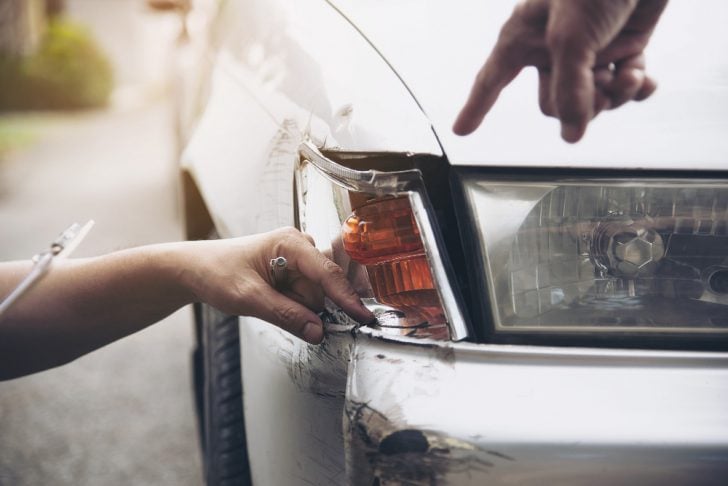



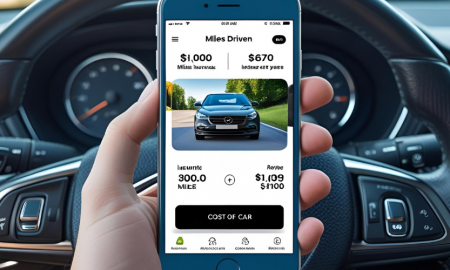




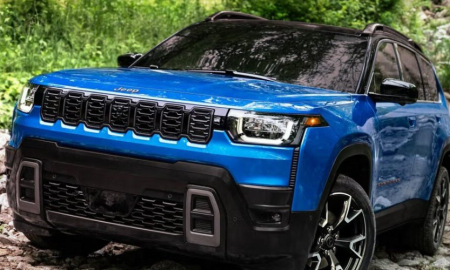



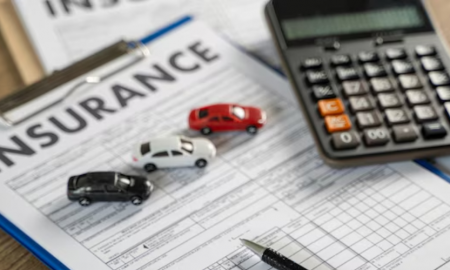

You must be logged in to post a comment Login